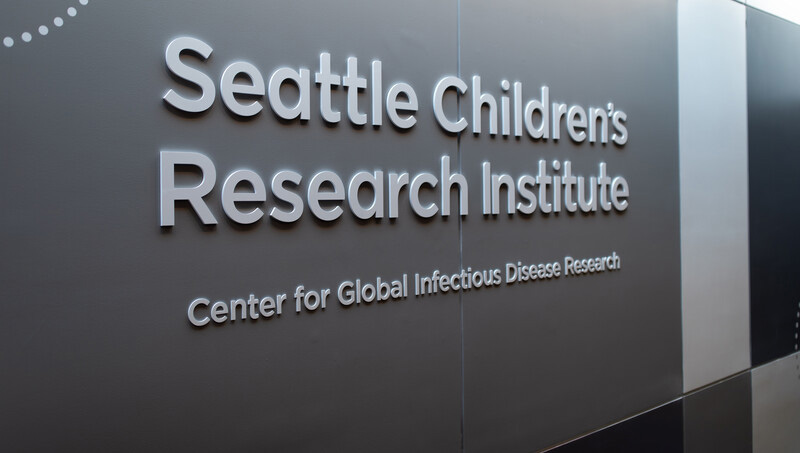Rhea Coler Secures $13 Million for Tuberculosis Research
 Nov. 29, 2023 – Congratulations to Dr. Rhea Coler, principal investigator in Seattle Children’s Research Institute’s Center for Global Infectious Disease Research, for recent funding totaling over $13 million from the National Institutes of Health and the Bill & Melinda Gates Foundation. The awards support the translational work of Coler and her team to funnel vaccine and therapy candidates to treat tuberculosis (TB) from laboratory to human studies.
Nov. 29, 2023 – Congratulations to Dr. Rhea Coler, principal investigator in Seattle Children’s Research Institute’s Center for Global Infectious Disease Research, for recent funding totaling over $13 million from the National Institutes of Health and the Bill & Melinda Gates Foundation. The awards support the translational work of Coler and her team to funnel vaccine and therapy candidates to treat tuberculosis (TB) from laboratory to human studies.
A total of 1.3 million people died from TB in 2022. The malady has again taken the lead as the most lethal infectious disease after being second to SARS-CoV-2 during the COVID-19 pandemic. The World Health Organization found a significant increase in the number of new cases with drug-resistant TB, with nearly half a million cases of rifampicin-resistant TB cases in 2021 compared to 2020.
The Coler Lab team develops products to fight TB, nontuberculous mycobacteria (NTM) and positive strand RNA viruses to improve outcomes in adult and childhood health. Their translational focus has led to two TB vaccines currently in Phase 2 clinical testing.
The NIH initiative, Immune Mechanisms of Protection against Mycobacterium tuberculosis Centers (IMPAc-TB), funds Coler’s work to comprehensively identify the complex immune responses required to prevent Mycobacterium tuberculosis (Mtb) infection (the Mtb bacterium causes TB) or active TB disease by investigating the mycobacteria- and vaccine-induced protective immunity in humans and animal models. These endeavors will guide the design and development of new and improved TB vaccines. The research institute’s Dr. Kevin Urdahl is also contributing to these efforts.
In the second project, Phages4TB, Coler and her team, including Dr. Sasha Akins who manages the preclinical mycobacteriophage studies, join an international collaboration led by TASK, a TB research institute in Cape Town, South Africa. The Gates Foundation-funded work, which also includes researchers from the University of Pittsburgh and Radboud University Medical Center in the Netherlands, takes aim at drug-resistant TB, which presents a significant challenge to conventional treatments, by developing mycobacteriophage-based treatments.
Bacteriophages (“phages”) are viruses that can infect and kill bacteria. Phage therapy was used before the availability of antibiotics. There has been renewed interest in phage therapy because of drug resistance, and Mtb is a promising target. Phage therapy needs to be individualized for most infections, but Mtb has a relatively low genetic diversity so a combination of phages has the potential to treat most TB patients.
The therapeutic candidate — a three-phage combination developed by University of Pittsburgh researchers — has shown effectiveness in the laboratory against the clinically most relevant lineages of Mtb. The Coler Lab will use the phage cocktail in preclinical proof-of-concept studies.
“We expect that successful completion of these studies, along with others, will provide sufficient support for investment in a first-in-human TB clinical trial using phages and led by TASK,” said Coler, who is also a professor of pediatrics at the University of Washington School of Medicine and an adjunct professor in UW’s Department of Global Health.
The Phages4TB researchers hope their work will provide an alternative to conventional TB treatments, potentially offering a non-toxic treatment option that could shorten treatment of drug-sensitive and drug-resistant TB. The project will also significantly inform research into other applications of phage therapy.
— Colleen Steelquist
